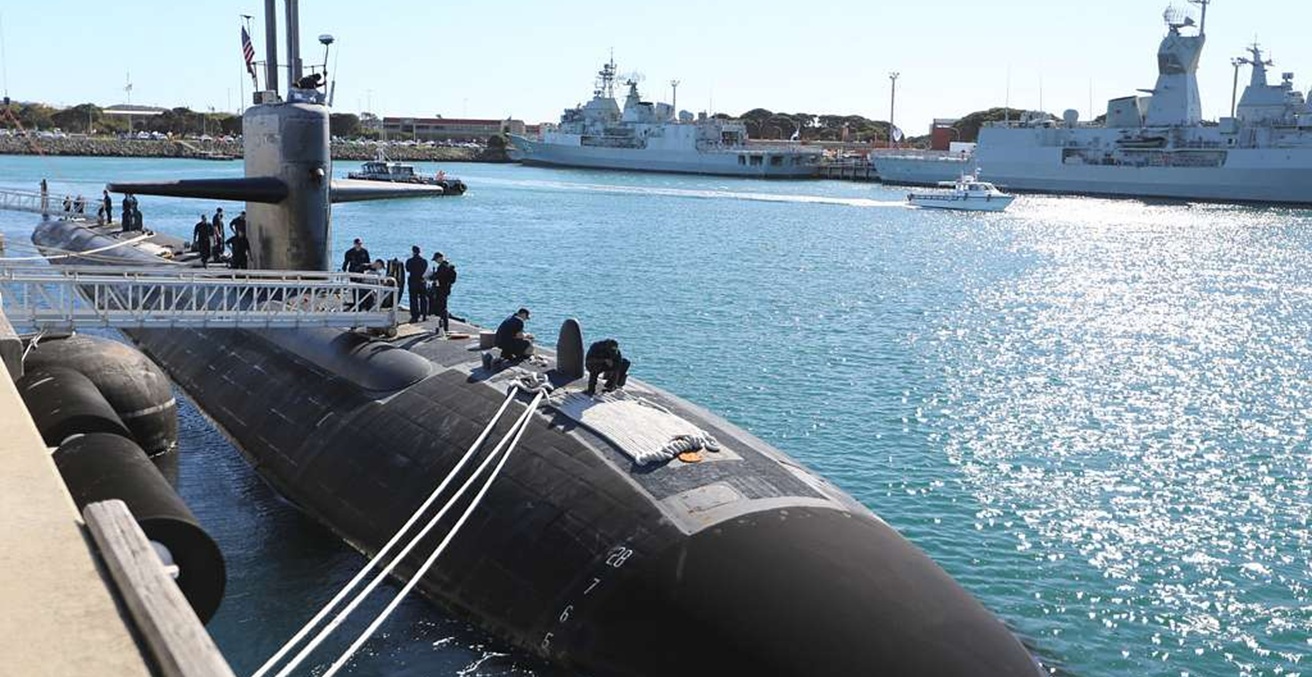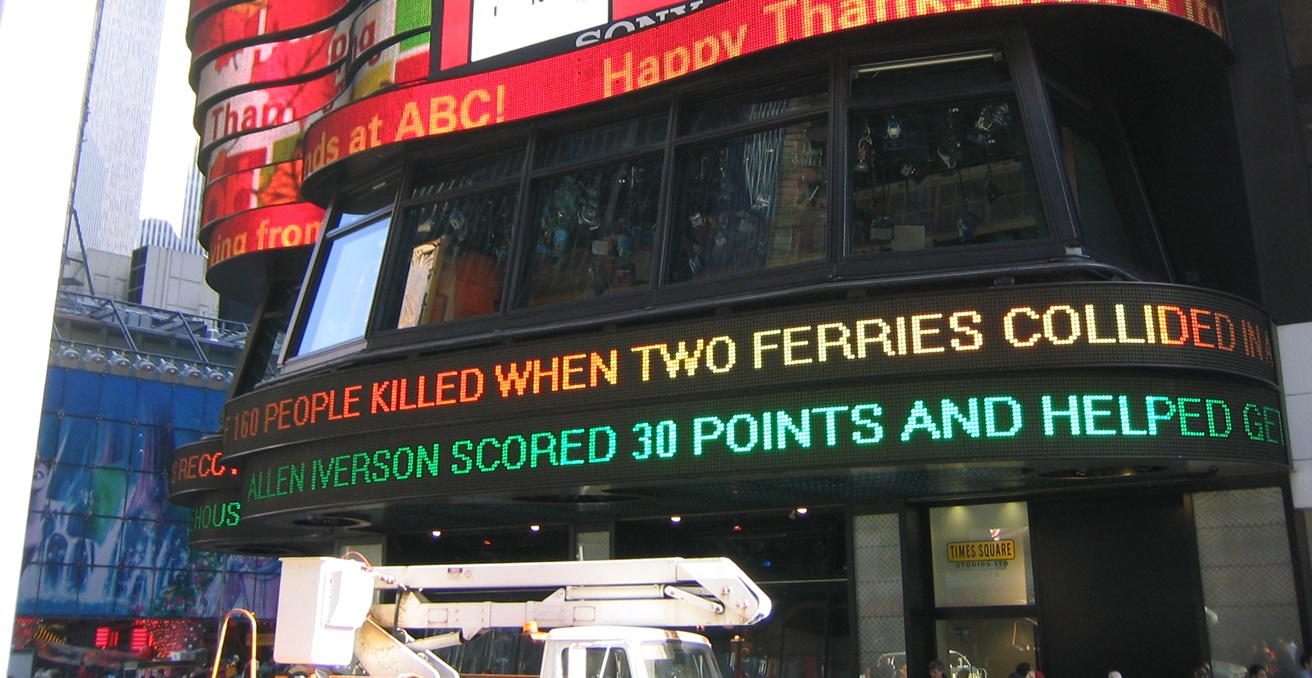At the December NATO summit in London, Canadian Prime Minister Justin Trudeau was caught mocking the most powerful leader in the world. Despite this, and calling the Canadian PM two-faced, American President Donald Trump appeared to bear no malice toward him, calling him a “nice guy.”
A visiting Turkish political journalist confided to me that Canadian politics was deadly boring such that “the wind does not disturb even one single leaf!” The fact that he only visited the Province of Ontario, the national capital in Ottawa and spoke no French whatsoever may have had something to do with that metaphorical observation. Having lived and travelled abroad extensively, I am keenly aware of the view of foreigners: that Canadians are excessively friendly and helpful while being somewhat less abrasive than their brash American neighbours. A very pleasant people indeed.
Then something like the NATO Summit in London last week comes along and trashes the conventional wisdom. The Canadian Prime Minister was overheard mocking American President Donald Trump and his extended press conferences and utterances in discussion with a group of three other Western European leaders. Trump quickly pounced on the theatrical miscue and called Trudeau “two-faced, but overall a nice guy.” For his part, Trudeau excused the whole thing as just part of summitry plays and that nothing was meant by his mocking of Trump. Trump argued that Trudeau was upset about criticism of Canada’s meagre financial contribution to NATO.
This was not the first time Trudeau and Trump have clashed. At the 2017 G7 summit in Québec, Trump called Trudeau “dishonest and weak” in relation to a press announcement alleged to have been released without Trump’s approval.
This is not Trudeau’s first rodeo. At a 2017 Asia-Pacific Economic Cooperation summit in Vietnam, the Canadian PM failed to show up at a key meeting of the Trans-Pacific Partnership. His 2016 visit to China was a complete flop even before the Meng Huawei extradition scandal, a visit when Trudeau raised the ire of the Chinese government by raising human rights issues. The Chinese nicknamed him “the little potato.” And then there was the visit to India in 2018 which was marred by scandals such as inviting former Sikh criminals to official receptions. Meanwhile, the Canadian PM and family toured the capital wearing gaudy traditional Indian costumes and fawning over religious monuments.
At home, Trudeau’s performances are rigorously criticised by opposition politicians. The two-faced criticism recurs regularly while others regret his lack of decorum and poor judgement.
American and Canadian leaders have often had strained relations in what could be characterised as a love-hate relationship. Through it all, people-to-people diplomatic relations between the two countries have succeeded in dulling the edges of any critical controversy. One recalls the Diefenbaker-Kennedy kerfuffle over the Bomark missile crisis when the US sought to place nuclear weapons on Canadian soil. For this, President Kennedy funded efforts to remove his nemesis from office during the 1962 Canadian election. Both Nixon and Reagan had little positive to say about Pierre Trudeau, Justin’s father, who embarked on a Soviet peace initiative without telling the Americans in the later Brezhnev years while courting Fidel Castro and encouraging special relations with Cuba. By contrast, the Mulroney-Reagan years reflected a resurgence of conservative values, the Irish link, and secured the release of Nelson Mandela from a South African prison. Chrétien and Clinton got along extremely well and the latter gave his two cents worth on the eve of the second Quebec referendum of 1995 which would have spilt up the country. However, Chrétien refused to support George Bush Jr’s attack on Saddam Hussein’s Iraq on the question of the presence of weapons of mass destruction. Harper and Obama were on opposite sides of the ideological spectrum and disliked each other. Trudeau’s brief love-in with President Obama gave way to the unthinkable election of Donald Trump as President.
Most political observers tend explain the Trump-Trudeau divide by their ideological differences. On this view, the former represents a reactionary vision of America in the world while Trudeau is a social progressive. Tariffs versus free trade, human rights versus business, nationalism versus multilateralism.
This is an over-simplification though. I would never have thought that an article written two years ago would be prophetic in nature today. In fact, Trump and Trudeau are two sides of the same coin. In many of these high-level international meetings, both Trump and Trudeau play the role of trouble-makers. Trump’s own contradictory lines about Trudeau reflect a stubborn admiration for the latter’s impudence and lack of judgement, his scorn for international decorum, and taste for theatrics. This conduct is similar to Trump’s. No other world leader even comes close. Even when Presidential Democratic Party candidate Joe Biden used the NATO mocking incident in a publicity video or when Saturday Night Live featured a scathing satire of Trump’s ostracism at the NATO summit, has there been a tangible price to pay for Trudeau’s insolence.
Trump’s cantankerous nature revealed daily in the impeachment trials and dealings with the media is rivalled only by Trudeau’s supreme arrogance. Both are resentful of any criticism as evidenced by Trudeau’s recent botched handling of the SNC Lavalin scandal. This year, when an opposition politician called him ”the little potato” in parliament, Trudeau ordered the Speaker of the House to expel any parliamentarian uttering such words.
The fact that Trump has many levers to make Canada’s life miserable does not appear to have affected Trudeau. The second iteration of the North American Free Trade Agreement (NAFTA 2) has not yet been ratified by the Democrats in Congress amidst the impeachment hearings. Trump may prefer to lay an egg by unilaterally eliminating NAFTA 1 in the absence of NAFTA 2 ratification. Border refoulment of Canadian citizens has doubled in one year and Canadians working in the USA have been constantly hassled by US federal authorities. The legalisation of cannabis in Canada has added to the growing list of thorny bilateral issues like softwood lumber duties and the imposing of aluminium tariffs justified on bizarre national security concerns. Adding to this is the cancellation of Haitian and other visas in the USA, resulting in droves of economic immigrants seeking immediate entry into Canada. Trump has countless levers to make Trudeau sorely regret his international theatrics.
There is a diplomatic chapter that also deserves mention. It may shed some light on the Canadian side of the trouble-maker equation and explain that Justin Trudeau’s brash arrogance like that of his father and other Canadian political figures is not an accident. It may be linked to a culture of contesting international diplomatic norms and traditions originating at the very birth of Canadian diplomacy.
The history of Canadian diplomacy reflects an anti-authoritarian streak unlike any other in diplomatic history. From an anecdotal perspective, the only other country to have had diplomats exhibit this quirky tendency are those of Australia’s. During the Soviet occupation of Afghanistan in the 1980s and the early years of the Syrian crisis (2011-13), Canadian and Australian diplomats worked closely together, crossing lines in the sand at will. Perhaps the fact that our two diplomatic cultures have evolved from an emancipatory process from colonialism has had an impact on our vision of diplomacy and its functioning. China, Russia, America, and European nations follow a much more submissive path defining the role of diplomats as that of a simple state employee.
The little potato has shared with the world yet another international moment of satire and theatrics. As a Canadian and ex-diplomat, I cannot help but smile glibly knowing that this may be all of what the world knows about us and our fractious national experiment in the far north. That, and the inevitability of it happening again in the future. Some potato!
Dr Bruce Mabley is the director of the Mackenzie-Papineau Group think tank based in Montreal devoted to analysis of international politics.
This article is published under a Creative Commons Licence and may be republished with attribution.




